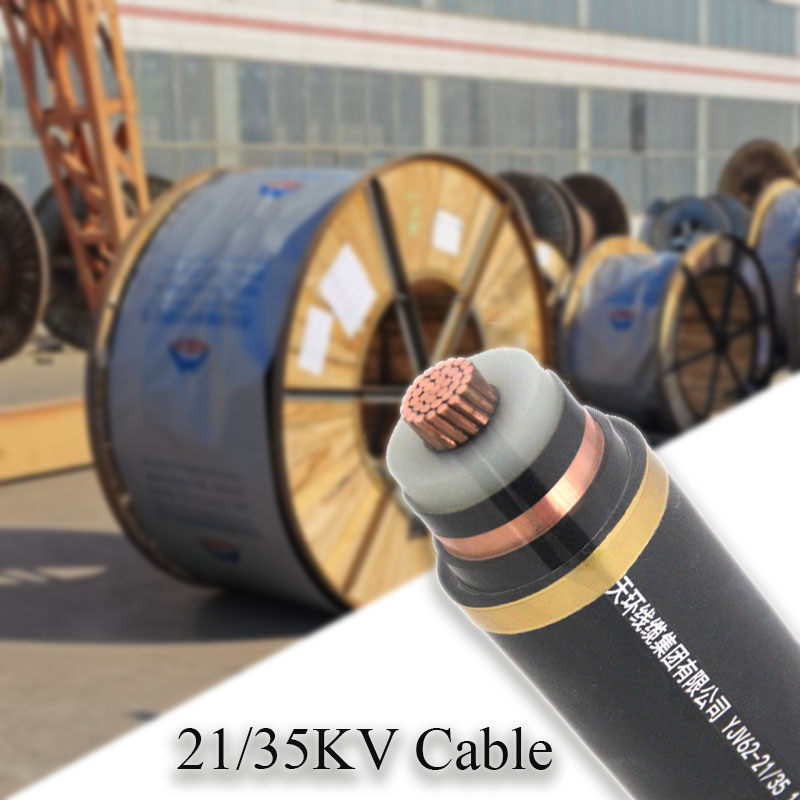
YJV 0.6 kV Service Solutions for Enhanced Electrical Performance
Understanding YJV 0.6/1kV Service Cables Features and Applications
In the dynamic world of electrical engineering, the choice of cables is crucial for ensuring efficient and safe power transmission. Among various options, YJV 0.6/1kV service cables stand out as a highly reliable choice for moderate voltage applications. This article explores the technical specifications, features, and common applications of YJV 0.6/1kV cables, helping professionals and engineers make informed decisions in their projects.
What is YJV 0.6/1kV Cable?
YJV 0.6/1kV cables are cross-linked polyethylene (XLPE) insulated copper or aluminum conductor cables designed for power distribution and transmission. The designation of '0.6/1kV' indicates that the cable is suitable for operating voltage levels up to 1 kilovolt, making it appropriate for a variety of service applications ranging from industrial to residential settings. These cables are recognized for their durability, efficiency, and safety, making them a popular choice among electricians and project engineers.
Key Features of YJV 0.6/1kV Cable
1. Material Composition YJV cables typically feature a conductor made from copper or aluminum, offering excellent conductivity. Copper conductors provide superior performance; however, aluminum is lighter and less expensive, making it a viable alternative in many applications.
2. Insulation The use of cross-linked polyethylene insulation (XLPE) is one of the standout features of YJV cables. XLPE insulation is highly resistant to heat, moisture, and mechanical damage. This enhances the longevity of the cables, ensuring they can withstand the rigors of their operating environment.
3. Polymeric Sheath In addition to XLPE insulation, YJV cables are often equipped with a durable polymeric sheath that adds an extra layer of protection against environmental factors, including chemical exposure and UV radiation. This feature ensures that the cables maintain integrity and performance even in harsh conditions.
4. Temperature Ratings YJV 0.6/1kV cables can typically operate in a temperature range of -15°C to +90°C, which allows for versatility in different climates and environments. This wide operating temperature range is essential for applications in industrial settings, where extreme temperatures can be common.
yjv 0.6 1kv service

5. Fire Resistance Many YJV cables are designed to be flame-retardant, which minimizes the risk of fire hazards in installations. This safety feature is crucial in residential and commercial buildings where electrical fires can pose significant risks.
Applications of YJV 0.6/1kV Cables
The versatility of YJV 0.6/1kV cables makes them suitable for various applications, including
- Power Distribution These cables are widely used in power distribution networks for connecting transformers to distribution boards, ensuring a steady supply of electricity to residential and commercial buildings.
- Industrial Installations In factories and manufacturing plants, YJV cables are used to connect stationary equipment and machinery, facilitating reliable power supply for operations.
- Renewable Energy Systems YJV cables are also utilized in solar power systems and wind energy installations for connecting the energy generation equipment to the grid, ensuring efficient energy transfer.
- Urban Infrastructure In urban developments, YJV cables are employed for street lighting and other municipal services, providing reliable power while maintaining safety standards.
Conclusion
YJV 0.6/1kV service cables are an essential component in modern electrical engineering, offering durability, safety, and efficiency in power transmission applications. Their versatile features and wide range of applications make them a preferred choice for engineers and electricians alike. As the demand for reliable electrical systems continues to grow, understanding the capabilities and advantages of YJV 0.6/1kV cables can help facilitate better planning and execution of electrical projects, ultimately contributing to safer and more efficient power distribution.
-
0.6/1 kV Low Voltage XLPE Insulated Multi-Core SWA Armoured Cable-Tianhuan Cable Group|Durable Industrial Cables&Fire-Resistant DesignNewsSep.29,2025
-
0.6/1 kV XLPE Insulated Multi-Core SWA Armoured Cable - Tianhuan Cable Group | High-Durability&Fire-Safe DesignNewsSep.29,2025
-
0.6/1 kV XLPE SWA Cable-Tianhuan Cable|Low Voltage Power Cable&Industrial CableNewsSep.29,2025
-
0.6/1 kV XLPE SWA Armoured Cable-Tianhuan Cable|Low Voltage, Durable, Fire ResistantNewsSep.29,2025
-
XLPE Insulated SWA Armoured Cable-Tianhuan Cable Group|High Electrical Insulation&Mechanical ProtectionNewsSep.29,2025
-
0.6/1 kV Low Voltage XLPE Insulated Multi-Core SWA Armoured Cable - Tianhuan Cable Group | Power Transmission, Durability, SafetyNewsSep.29,2025
-
0.6/1 kV XLPE Insulated SWA Armoured Cable - Tianhuan Cable Group | High Voltage Resistance&Durable ConstructionNewsSep.29,2025














